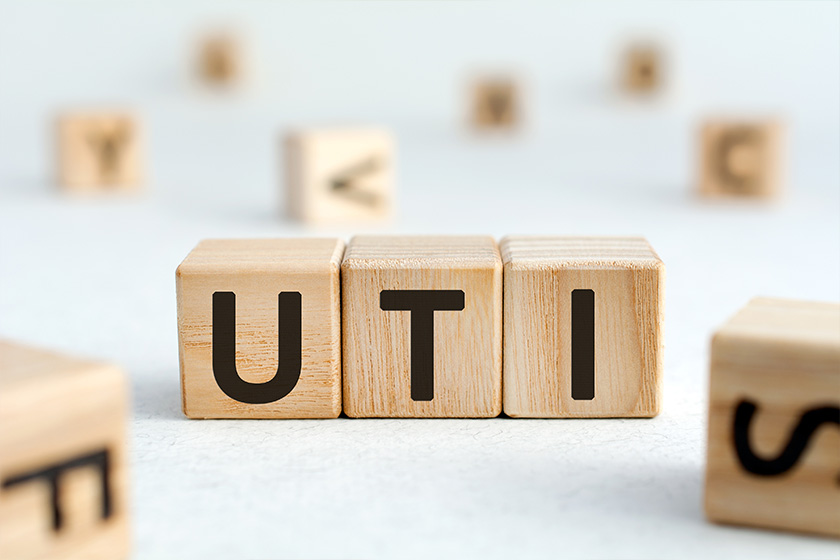Studies have shown that UTIs (Urinary Tract Infections) are one of the most common infections in elderly individuals and can be very dangerous if not treated properly and promptly.
A UTI occurs when the bacteria which commonly live in the bladder or the urethra travel to the kidney, causing an infection. While UTIs can affect people of all ages, they’re particularly common in elderly women because of weaker immune systems and decreased mobility, both of which increase the risk of developing a UTI.
This article is meant to provide you with a complete understanding of what UTIs in the elderly are, how they occur, their symptoms, and various treatments that exist today.
How Do UTIs Happen?
If you’re a woman, there’s about a 50 percent chance that you’ll get a urinary tract infection (UTI) at some point in your life. They’re most common in women of childbearing age, but can affect people of any gender or age; for example, men and children are susceptible as well. If you live with someone over 65 years old who has frequent UTIs or an impaired immune system (such as cancer treatment), you should be concerned about preventing them from getting one.
What Causes UTIs?
When you have a urinary tract infection (UTI), it is usually because bacteria that live in your gut or on your skin have entered your urinary tract. This can happen if you have sex with someone who has an STI (sexually transmitted infection) like chlamydia or gonorrhea. It can also happen when you wipe yourself after going to the bathroom instead of washing with warm water and soap, which allows bacteria on your hands to get into your urethra and travel up into your bladder.
Common causes include certain foods and beverages—such as those high in oxalates—as well as medical conditions like diabetes and cancer.
Symptoms of UTIs in the Elderly
UTIs in elderly people have different symptoms than those in younger people. Let’s look at what those symptoms are and how to treat them.
- Foul-smelling urine
- Fatigue and lethargy
- Chills
- Blood in urine
- Frequent urge to urinate (greater than 8 times per day)
- Cloudy urine that smells like ammonia
- Pain and burning with urination
How to Treat UTIs in the Elderly
- Hydration
The main symptom of a urinary tract infection (UTI) is an intense urge to urinate and a feeling that you can’t empty your bladder completely. Drinking plenty of water will help flush out any bacteria from your urinary tract.
- Probiotics
Probiotics are live microorganisms that have health benefits when consumed. Specifically, probiotics help replenish bacteria in your body and restore their natural balance.
- Topical gels
Topical gels are one of the most effective ways to treat UTIs in elderly patients. These medications come in a variety of forms, with some being better suited for long-term use than others. Among these options are glycerin and urea combinations that work to neutralize urine pH levels and provide immediate symptomatic relief.
- Good hygiene and toileting habits
Germs can spread pretty easily the elderly, who often have compromised immune systems. It’s important to practice good hygiene and keep a clean home in order to cut down on germs. Keep public areas (such as bathrooms) neat and clean at all times. Avoid sharing items like towels and washcloths with others. Wash your hands regularly with soap and warm water—especially after using the bathroom or changing diapers. Also, use hand sanitizer if you can’t wash your hands immediately after using them.







